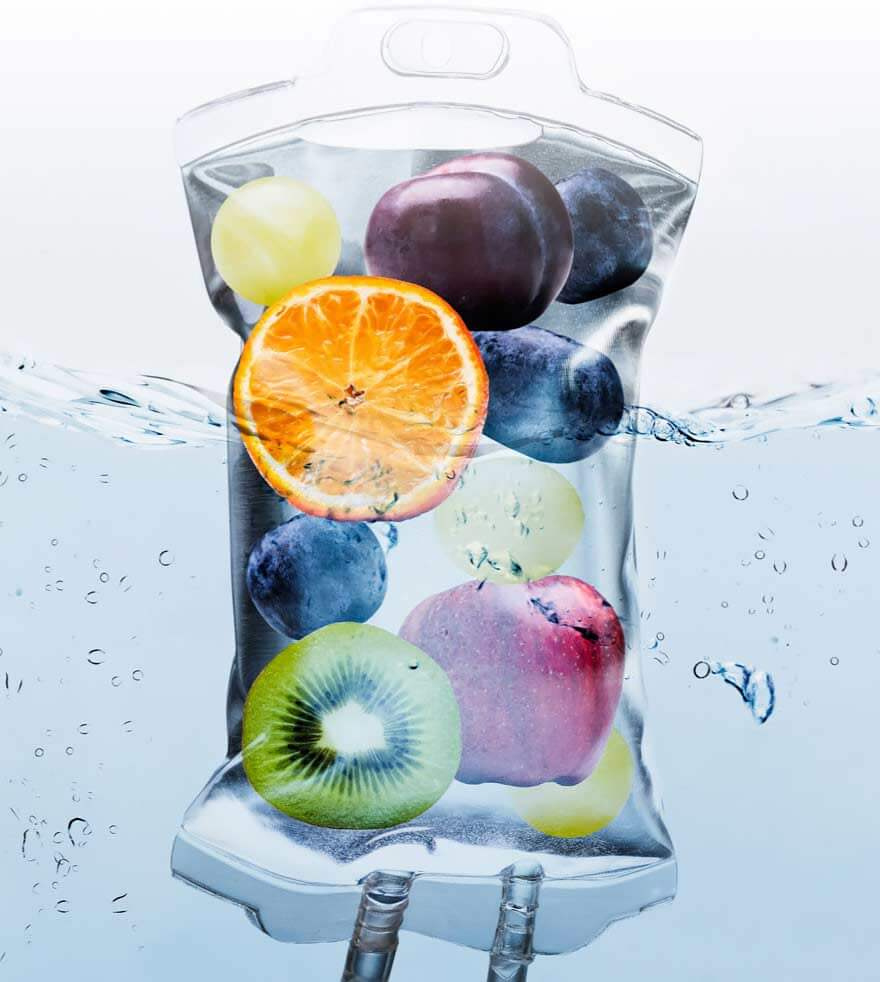December 26, 2022
Vitamin D is a powerhouse that your body needs to function properly. Because of its nature, however, it’s difficult to know if you’re getting enough of it in your diet. Therefore, it’s important to get regular injections of vitamin D when you don’t consume enough of it naturally in your diet. What Is Vitamin D? Although vitamin D is technically not a vitamin, it is a type of fat-soluble hormone that our bodies produce by converting the rays of the sun into vitamin D. To get enough vitamin D from the sun, you need to expose your skin to the sun for long periods of time. When you wear sunscreen, though, it blocks out the sun’s rays. This prevents the sun’s rays from converting to vitamin D, and so it is harder to get enough vitamin D from sunlight. People who don’t get enough vitamin D in their diets may supplement with a vitamin D tablet. Those who work outdoors or live near large bodies of water may benefit from sunlight, which is the best source of vitamin D. There are two types of vitamin D supplements: ● Vitamin D2 (ergocalciferol) ● Vitamin D3 (cholecalciferol) Vitamin D3 is often used as a supplement, because it does a better job of raising the blood levels of vitamin D. Vitamin D can be found in many forms including oral pills, tablet or liquid and IM injections. However, one of the easiest ways to obtain Vitamin D is through a Vitamin D injection. What are vitamin D3 shots? When injected into muscle, vitamin D3 quickly enters the bloodstream for maximum absorption. It’s not surprising that the intramuscular injection is the most common way to take vitamin D3. We begin by cleansing the injection site, which is typically the deltoid muscle in your arm. Then, we rapidly inject vitamin D, and then apply light pressure to the site before covering it with gauze or a bandage. Some people may feel slight discomfort after the shot, but it should go away soon, and you can still go about your normal activities. With this injection, though, the majority of people react by saying "that was it?!" It's a very well-tolerated injection as it is just a small amount of fluid injected into the muscle. Vitamin D3 Injection Benefits and Uses Injections can improve your well-being because Vitamin D is so important to the body. Among the benefits are: Strong bones - Vitamin D helps prevent brittle, weak bones, and helps prevent osteoporosis, because it helps the body absorb calcium. It’s also important for muscle strength and healthy bones. If you don’t get enough vitamin D, it can cause bone pain and muscle weakness. A healthy heart - Vitamin D may play a role in maintaining healthy blood vessels and lowering cholesterol to prevent atherosclerosis, which may lead to heart disease. A responsive immune system - Although Vitamin D is helpful with immune support, it may also be helpful with easing the symptoms of autoimmune diseases such as lupus, rheumatoid arthritis and others. Elevated mood - Some researchers believe that Vitamin D helps people who struggle with mood disorders, such as depression, because low blood levels of vitamin D have been associated with symptoms of depression. Cognitive health - Researchers have discovered that the brain has many vitamin D receptors, and it’s crucial not just for developing babies’ brains in-utero but also for maintaining cognitive function throughout life. Diabetes and weight loss support - Studies show that people who have lower levels of vitamin D tend to have higher rates of diabetes and obesity. It’s suggested that the removal of a vitamin D deficiency may help people manage diabetes and weight loss. There are a lot of health benefits to taking a vitamin D shot, and some people are better equipped to take advantage of these benefits than others. Those with a vitamin D deficiency may: ● Lack of sun exposure to naturally produce vitamin D ● Be of advanced age, as the ability to make vitamin D decreases as we get older ● Have fat absorption disorders such as celiac disease or Crohn’s disease ● Have darker skin tones, which don’t naturally produce as much vitamin D Injections vs. Supplements IM injections are better than the typical oral supplements, as pills, tablets, and liquids must first be digested before they enter the bloodstream and injections get absorbed right away. When you take supplements orally, you do not actually absorb all of what you take, whereas when you supplement via injection, you are getting full and immediate absorption! Should I Get an injection of Vitamin D? Although getting injections of vitamin D may be wise if you have risk factors for a vitamin D deficiency, you may also want to get an injection if you experience symptoms of vitamin D deficiency, such as: ● Fatigue ● Weak bones ● Weight gain ● Sleep issues ● Headaches ● Depression symptoms ● Digestive problems Talk to your doctor before getting a vitamin D shot. Make sure you tell the injection provider if you are taking any medications that may affect your ability to take a vitamin D injection.





